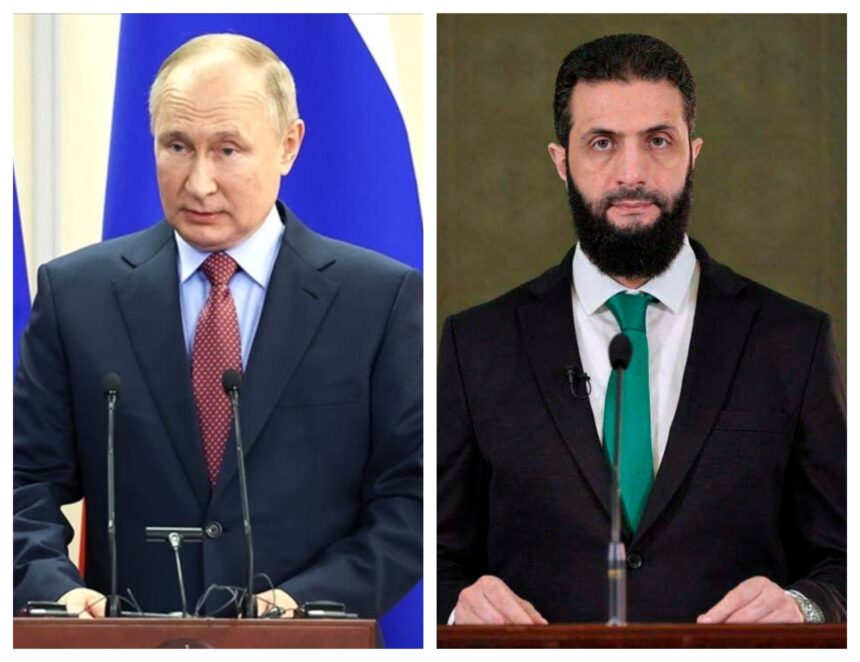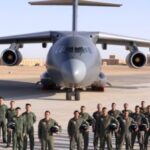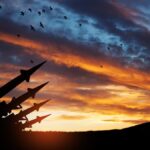Syria’s interim President Ahmad Al-Sharaa has revealed that his government is holding talks with both Russia and Turkey over the future of their military presence in the country, emphasizing that any new agreements must respect Syrian sovereignty and regional stability.
In an interview with The New York Times, Al-Sharaa stressed that Syria’s new leadership insists on a legal and security framework that prevents foreign powers from using Syrian territory to threaten neighboring countries.
“We told all parties that this military presence must be consistent with the Syrian legal framework,” Al-Sharaa said. “And any arrangement must not allow foreign forces to pose a threat to others through Syrian territory.”
Russia, a longstanding ally of the ousted Bashar al-Assad regime, continues to operate military bases in Syria. Al-Sharaa acknowledged the country’s reliance on Russian arms, as well as decades-old agreements in food and energy cooperation. He added that so far, the new government has not received alternative weapons offers from other nations.
Al-Sharaa also confirmed for the first time that Moscow has refused Syria’s request to extradite Assad, who fled to Russia following his downfall in December.
As Syria emerges from over a decade of civil war, regional and global powers are jostling for influence in its post-conflict landscape. Russia seeks to preserve its military footprint along the coast, while Turkey is focused on northern Syria, aiming to curb Kurdish autonomy and expedite the return of millions of Syrian refugees. Meanwhile, Israel continues to carry out airstrikes, asserting its strategic concerns over the transfer of military assets or extremist entrenchment.
Facing these competing interests, Al-Sharaa is also working to rehabilitate his government’s international image and gain Western support — a complex task given his alleged prior links to extremist factions. His ability to navigate this sensitive diplomatic terrain will likely determine the level of foreign aid and political recognition Syria can secure in the coming years.







